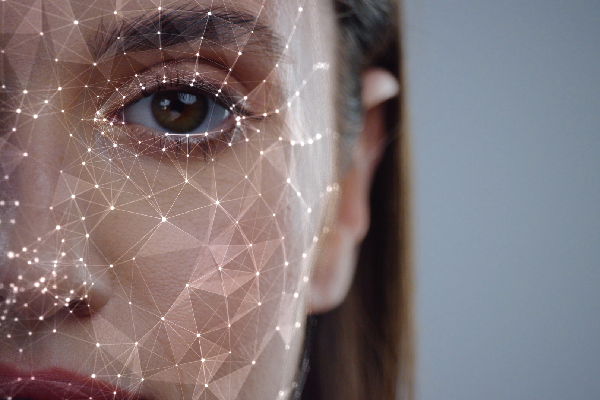Markets Hold Steady Despite Global Risk
Financial markets in the U.S. held steady this morning, despite ongoing turmoil in Europe, high inflation and uncertainty over energy prices.

“The S&P 500 was steady Friday as the benchmark index looked to close out its second consecutive positive week. The Dow Jones Industrial Average gained about 65 points, or 0.2%. The S&P 500 added 0.1%. The Nasdaq Composite dipped 0.2%,” write Hannah Maio and Jesse Pound of CNBC. “For the week, the S&P 500 and Nasdaq are up more than 1% and 2%, respectively. The Dow is marginally higher. The S&P 500 is now up more than 3% in March, more than erasing its losses since Russia invaded Ukraine late last month.”
Success in the Metaverse May Hinge on Faces
Ever since Mark Zuckerberg changed Facebook’s name to Meta, there has been an ongoing debate over the future of the “metaverse.” Steve Perlman, a technology inventor with a long track record of innovation, suggests the fate of the metaverse may depend on the authentic depiction of human faces and their expressions.

“What Perlman means is that in movies and sophisticated video games, ingenious technology and creative professionals have combined to create increasingly lifelike virtual creatures. They do that by focusing on detailed facial expressions and body movements,” writes Shira Ovide of The New York Times. “Perlman, a longtime inventor who also helped to develop digital video technology at Apple, said that what he has seen so far from the metaverse feels flat compared with fully fleshed out Hollywood and video game characters. He says that technologists should be laser-focused on recreating the human face and emotional expression. It’s extremely difficult technology, but one that Perlman says is necessary to tackle to give virtual interactions a sense of intimacy.”
Hackers Target Okta, Teenagers in Several Nations May Be Involved in Shadowy Lapsus$ Group
Okta, a leading provider of authentication services, was apparently targeted in January by a shadowy group called Lapsus$.

“The breach created alarm among cybersecurity experts because of how popular the service is with big organizations and the potential access that a hacker could acquire by targeting Okta,” writes Sean Lyngaas of CNN Business. An investigation of the incident is ongoing.
Meanwhile, Bloomberg News reports that teenage hackers may be involved. “Cybersecurity researchers investigating a string of hacks against technology companies, including Microsoft Corp. and Nvidia Corp., have traced the attacks to a 16-year-old living at his mother’s house near Oxford, England,” write William Turton and Jordan Robinson of Bloomberg News. “Four researchers investigating the hacking group Lapsus$, on behalf of companies that were attacked, said they believe the teenager is the mastermind … Another member of Lapsus$ is suspected to be a teenager residing in Brazil, according to the investigators.”
Keeping an Eye on the Viasat Hack: ‘Spillover’ Effects from the War in Europe Impact IT Globally
This is an interesting story that’s definitely worth reading. It examines the mysterious hack of a satellite communications system and the “spillover” effects of the attack on global IT.

“Almost a month after the attack, the disruptions continue. Thousands still remain offline in Europe—around 2,000 wind turbines are still disconnected in Germany—and companies are racing to replace broken modems or fix connections with updates,” writes Matt Burgess of WIRED. “Multiple intelligence agencies, including those in the US and Europe, are also investigating the attack. The Viasat hack is arguably the largest publicly known cyberattack to take place since Russia invaded Ukraine, and it stands out for its impact beyond Ukraine’s borders. But questions about the details of the attack, its purpose, and who carried it out remain—although experts have their suspicions.”


